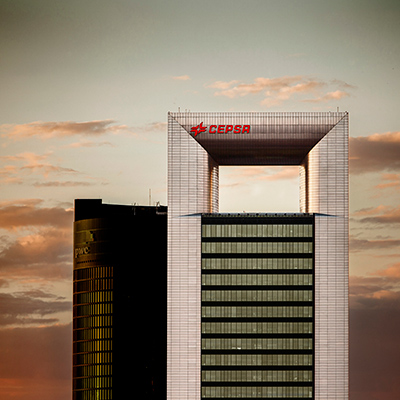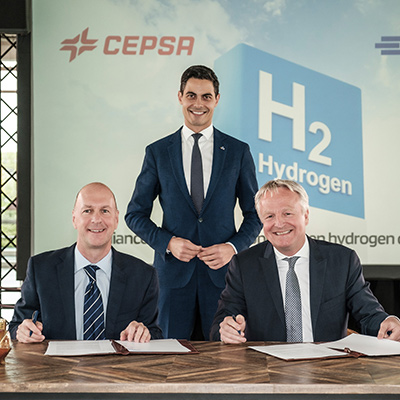- Both companies will drive the development and production of sustainable aviation fuels (SAF) from circular raw materials, in addition to other energy alternatives such as green hydrogen and electrification
- This new partnership between Cepsa and a major airline represents the company’s steadfast commitment to SAF and ambition to lead in these sustainable fuels with an annual production of 800,000 tons by 2030
- Sustainable fuels reduce CO2 emissions by up to 80% compared to traditional options
These fuels will be produced from circular raw materials that do not compete with food resources, such as used cooking oils, non-food animal waste or biodegradable waste from various industries, and will make it possible to reduce aircraft emissions by up to 80% compared to conventional kerosene.
The partnership, announced at the ADIPEC Exhibition & Conference in Abu Dhabi, will also work on the development of new energy alternatives such as renewable hydrogen and the electrification of Etihad’s ground fleets, which include supply vehicles, baggage loading and unloading operations and aircraft assistance.
During the signing event, Maarten Wetselaar, CEO of Cepsa, said:





